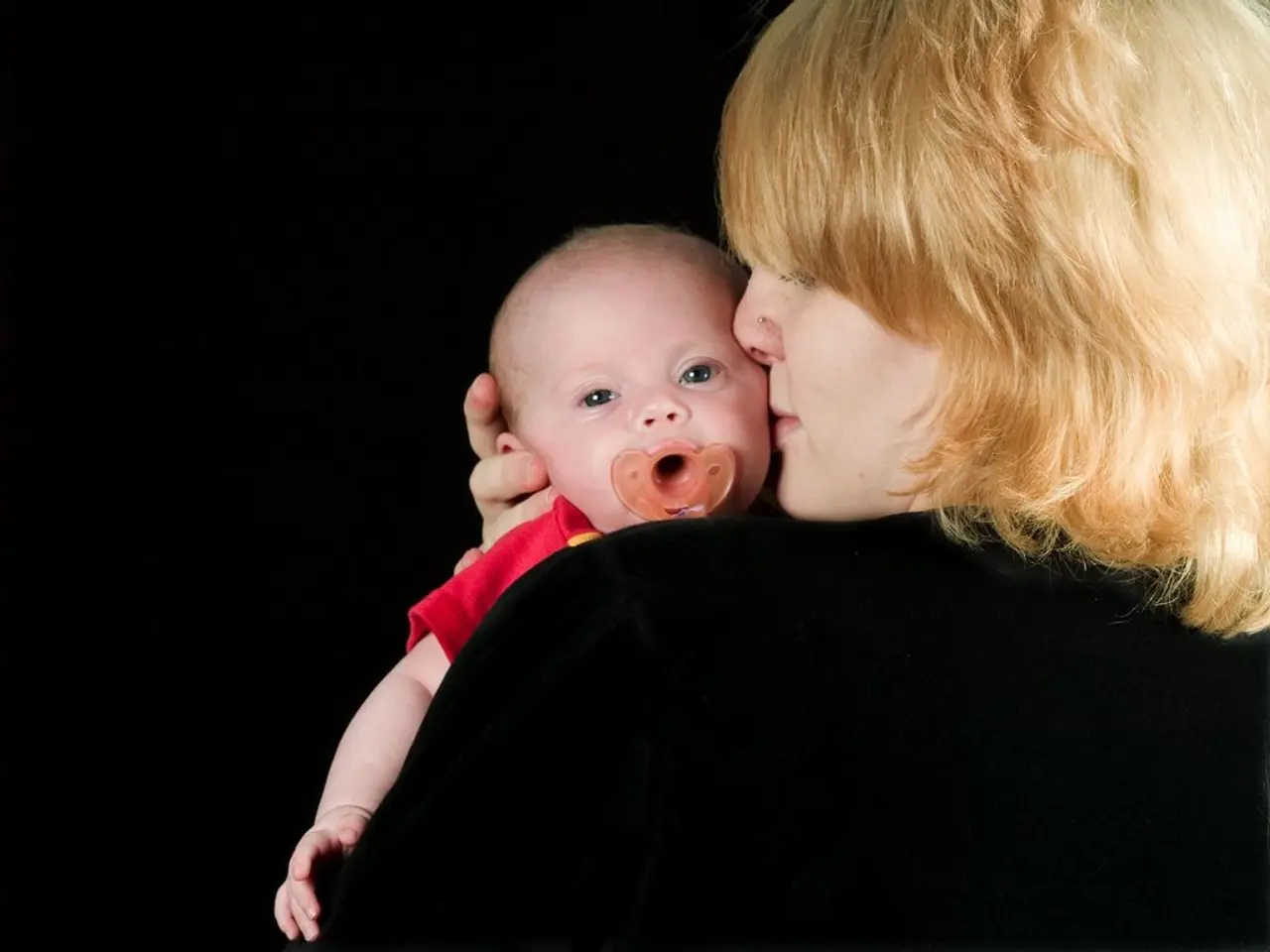Medical Chief Files Lawsuit Against Clinic: Ethical Conflicts Violate Work Regulations
In the small town of Lippstadt, a recent hospital merger has sparked a nationwide debate, with implications for future healthcare provision and the balance between religious freedom and patients' rights.
Dr. Joachim Volz, the Chief Physician and Gynecologist at Lippstadt Hospital, has found himself at the centre of the controversy. His previous Protestant employer, like Volz, did not permit abortions under the counseling solution according to § 218a StGB. However, following the merger with a Catholic provider at the beginning of the year, Volz is only allowed to perform abortions if the life of the pregnant person is in danger.
Volz has taken his employer to court over the ban, arguing for patients' rights to medically necessary care. The trial, which lasted only two hours, was considered clear from a labor law perspective, but the court confirmed that the directive power applies to Volz's private practice, meaning he is not allowed to perform abortions there.
The ruling in Volz's case has implications for future hospital mergers, particularly those involving Catholic providers. A similar merger is planned soon in Flensburg, raising broader questions about the impact on patient care accessibility and the reconciliation of religious rights with medical and personal rights within the German healthcare and legal system.
Legal scholar Anna Katharina Mangold raises constitutional concerns about the merger in Lippstadt, stating that a mixed-denomination hospital cannot claim a "religiously-based collective right to refuse" abortions. Mangold's argument is supported by the German Constitution, which obliges the states to ensure an adequate and comprehensive supply of abortion services, but North Rhine-Westphalia lacks the necessary data to assess the impact of the Lippstadt merger on healthcare provision.
The constitutional issues revolve around balancing the religious freedom and institutional rights of Catholic hospitals against patients' rights to access abortions, especially when the embryo cannot survive. Courts have supported the hospitals' rights in this context, recognizing their authority to restrict procedures conflicting with their religious ethos, provided they follow statutory exceptions related to the pregnant woman's health.
The situation has led to public protests, with Britta Haßelmann, Chairwoman of the Green Bundestag faction, travelling to Lippstadt for a demonstration against the church's influence on the abortion ban. A petition titled "I am a doctor & my help is no sin: Stop the criminalization of abortions!" has already been signed more than 230,000 times.
As the debate continues, Volz expresses openness to returning to politics if a party supports him appropriately. He also plans to increase political pressure if the court does not take a clear stance against ecclesiastical tutelage in hospital operations. With another potential hospital merger on the horizon, the issue is far from resolved.
[1] The Local [2] Deutsche Welle [3] The Guardian
- The controversial hospital merger in Lippstadt, involving both Protestant and Catholic providers, has ignited a nationwide debate over the balance between religious freedom, patients' rights, and healthcare provision.
- The court ruling on Dr. Joachim Volz's case, the Chief Physician and Gynecologist at Lippstadt Hospital, has significant implications for future hospital mergers, particularly those with Catholic providers, regarding the reconciliation of religious rights with medical and personal rights.
- Legal scholar Anna Katharina Mangold contends that a mixed-denomination hospital cannot claim a "religiously-based collective right to refuse" abortions, raising constitutional concerns about future hospital mergers.
- Britta Haßelmann, Chairwoman of the Green Bundestag faction, has joined public protests against the church's influence on the abortion ban in Lippstadt, adding her voice to the ongoing debate in the field of health-and-wellness, mental-health, and women's health, while education-and-self-development and politics are also engaged in this discourse.




